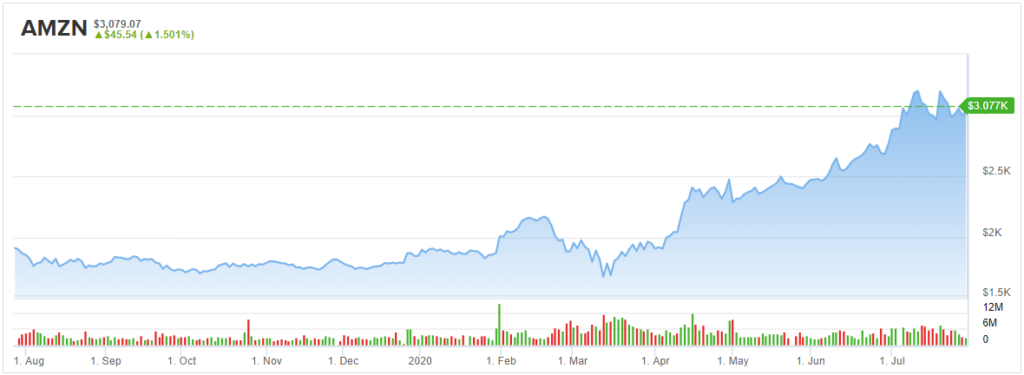Top Futures Trading Mistakes And How To Avoid Them
Futures trading can be a great way to make money in the markets, but it also comes with certain risks. Many traders need to be made aware of these risks and make costly mistakes that can significantly impact their portfolios.
This article will examine some of the top futures trading mistakes and strategies for avoiding them.
Table of Contents
What Is Futures Trading?
Futures trading is an important activity that lets investors speculate on the changing prices of commodities, financial securities and other related products. As a speculative investment strategy, futures traders buy an asset at one price and sell it at a different price in the future when market conditions are more favourable. This type of trading is hazardous since it involves taking positions based on the belief that an asset’s price will go up or down substantially in the future. Knowing how to identify trends and when to enter and exit positions are critical to successfully trading futures.
Contracts are typically traded through futures exchanges, with participants leveraging margins to facilitate their trades. As a result of its complexity and risk, futures trading should only be undertaken by experienced investors who understand the constantly changing economic environment and can adequately manage their investments.
If you need help with futures trading, accessing a reputable forex broker in the UK for professional advice and guidance can be an option.
Top Trading Mistakes
Although futures trading comes with many benefits, here are some of the most common futures trading mistakes made by traders and how to avoid them.
Know Your Risks
One of the most common futures trading mistakes is needing to understand your risk profile correctly. Futures traders should always research and understand their risk tolerance before investing in any market or contract. Knowing and understanding your risk tolerance helps you decide which contracts are appropriate for your specific portfolio needs.
Additionally, investors should know the margin requirements for each contract they plan to trade and have sufficient capital to cover potential losses. Traders must also assess the liquidity of the futures contracts they plan to trade, as this will help them better manage their risk.
Set Stop Losses
In addition to understanding your risk tolerance, it is essential that futures traders set stop losses for each of their trades. Stop-loss orders are orders with the broker or exchange to close a position if the price reaches a certain point. Having these types of orders in place helps limit losses. It prevents traders from being caught in situations where they can’t get out of their positions due to unfavourable market conditions.
Research Contracts Thoroughly
Before investing in any futures contract, traders must research it thoroughly and understand its terms and conditions. This includes understanding the underlying asset, delivery date, margin requirements, fees, and other contract costs. Not doing this can lead to costly mistakes, as traders may need to learn all the risks of a particular contract. Furthermore, they may purchase contracts that aren’t suitable for their portfolios and cause severe financial losses.

Choose Trusted Brokers
Choosing a trusted and reputable broker is essential in trading futures markets. Unscrupulous brokers may take advantage of inexperienced traders by charging excessive fees or taking positions on their behalf without authorization. Traders must select a brokerage firm that offers competitive rates, secure platforms, and customer service support when needed. Additionally, investors should always verify that their broker is registered with the appropriate regulatory authorities and has adequate capital requirements to protect investor funds from losses.
Don’t Let Emotions Rule Your Trade
It is also essential that futures traders avoid letting their emotions guide their trading decisions. Emotions such as fear and greed can cloud judgement and lead to costly mistakes. Traders should take a disciplined approach when entering the markets and make informed decisions based on market fundamentals and technical analysis, not their feelings. Additionally, investors should have a trading plan that outlines the strategies and tactics they intend to use when engaging in futures market activity.
All Things Considered
Futures trading can be lucrative, but traders need to understand the risks associated with trading these markets. By researching contracts thoroughly, setting stop losses, understanding their risk tolerance and selecting a trusted broker, traders can limit their potential losses and protect their portfolios from adverse market conditions. By following these strategies, futures traders can significantly increase their chances of success in the markets.



